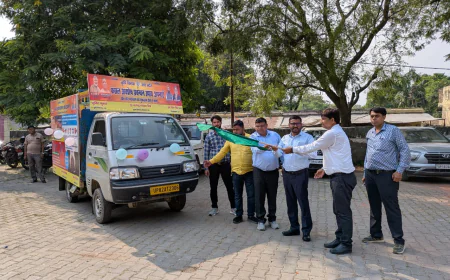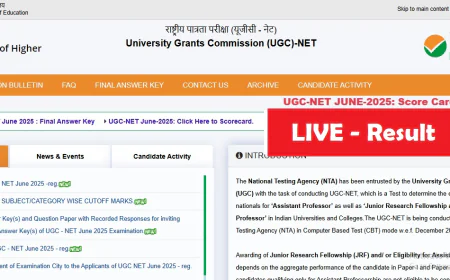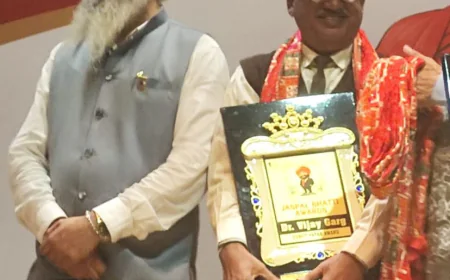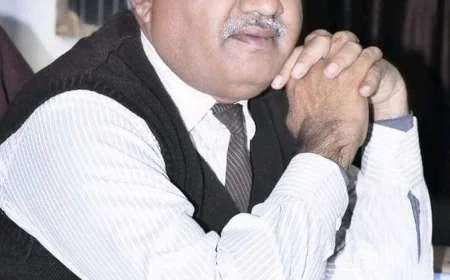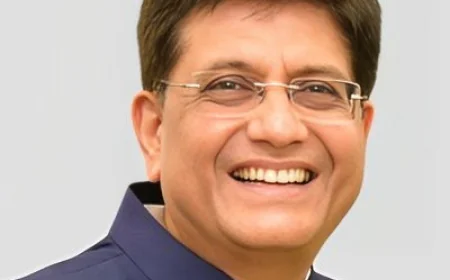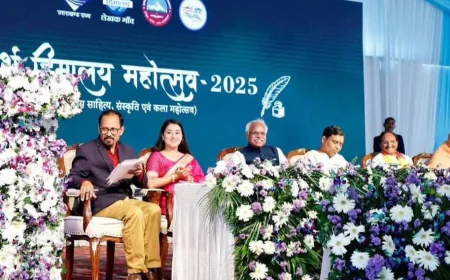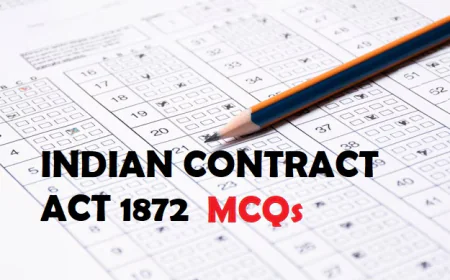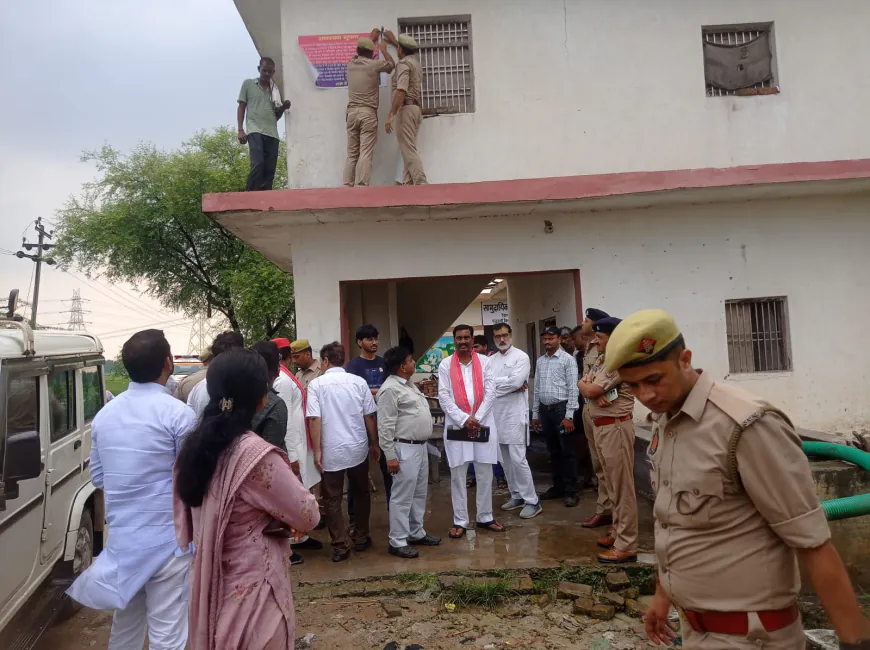Bacteria upcycle plastic trash into a pain reliever
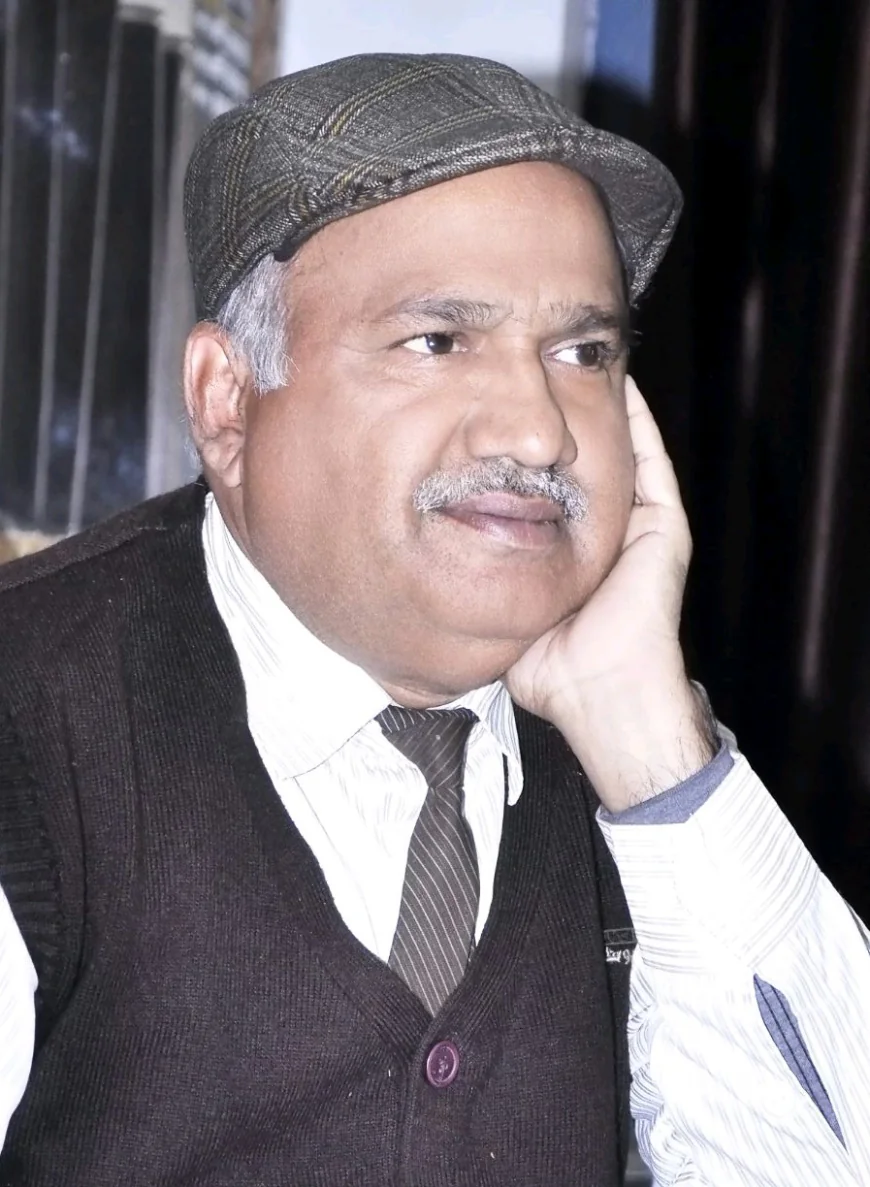
Bacteria upcycle plastic trash into a pain reliever
Scientists at the University of Edinburgh have successfully engineered a strain of the common bacterium, E. coli, to convert plastic waste into paracetamol, the active ingredient in many pain relievers. This innovative process offers a sustainable, low-emission alternative to traditional paracetamol production, which relies on fossil fuels. The Upcycling Process The process involves a combination of chemistry and synthetic biology. Here's how it works: * Breaking Down Plastic: Polyethylene terephthalate (PET) plastic, the kind found in most plastic bottles and food packaging, is chemically broken down into a smaller molecule called terephthalic acid.
* Bacterial Transformation: The terephthalic acid is then fed to the genetically engineered E. coli. The bacteria are modified to perform a specific chemical reaction, using enzymes from other bacteria and fungi, that converts the terephthalic acid into a precursor molecule called para-aminobenzoic acid (PABA). * From PABA to Paracetamol: The final step involves the E. coli converting the PABA into paracetamol. In laboratory tests, this method has achieved a conversion yield of up to 92% in less than 24 hours. Why this is a Breakthrough ? This method of producing paracetamol is significant for several reasons: * Sustainability: It upcycles plastic waste that would otherwise contribute to pollution, turning it into a valuable product. * Reduced Carbon Emissions: The process operates at room temperature and produces virtually no carbon emissions, unlike the traditional method which is energy-intensive and relies on fossil fuels.
* New Approach to Drug Manufacturing: This research demonstrates a novel way to combine traditional chemistry and engineering biology to create "living microbial factories" for producing chemicals and pharmaceuticals more sustainably. While this technology is currently in the early stages and needs further development for commercial-scale production, it highlights the potential of using microorganisms to address both environmental pollution and the reliance on fossil fuels in manufacturing. Vijay Garg Retired Principal Educational columnist Eminent Educationist street kour Chand MHR Malout Punjab


